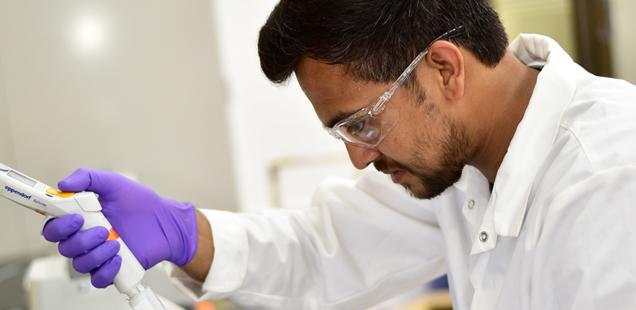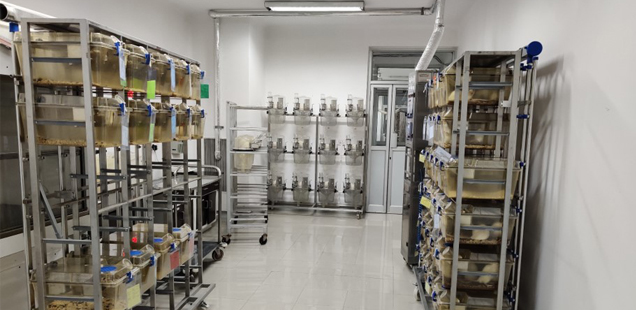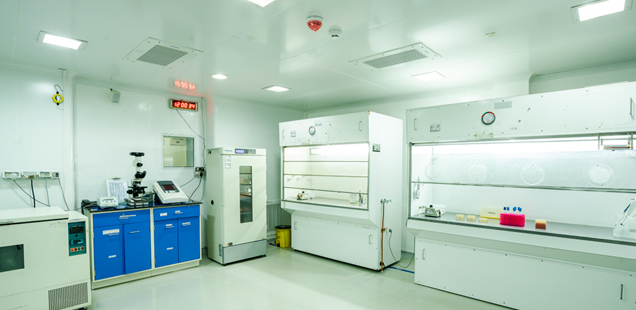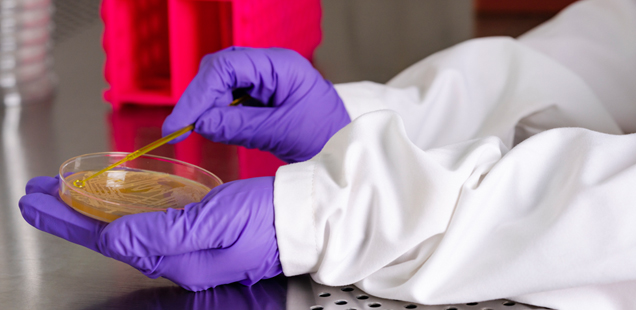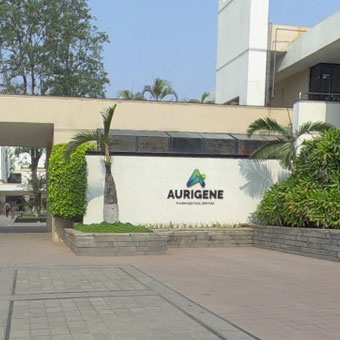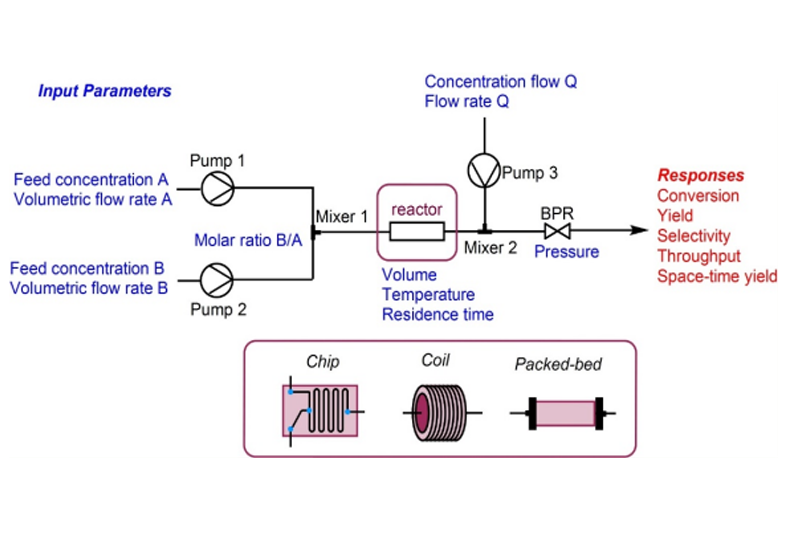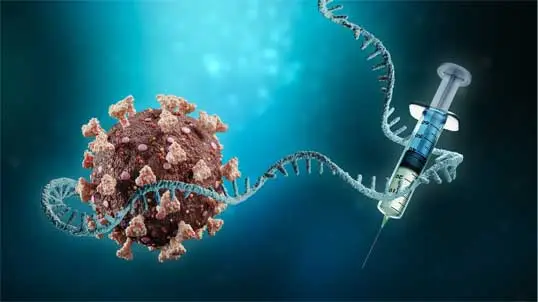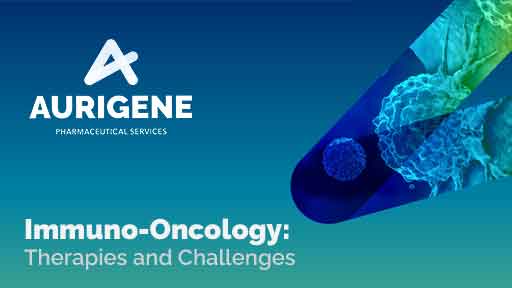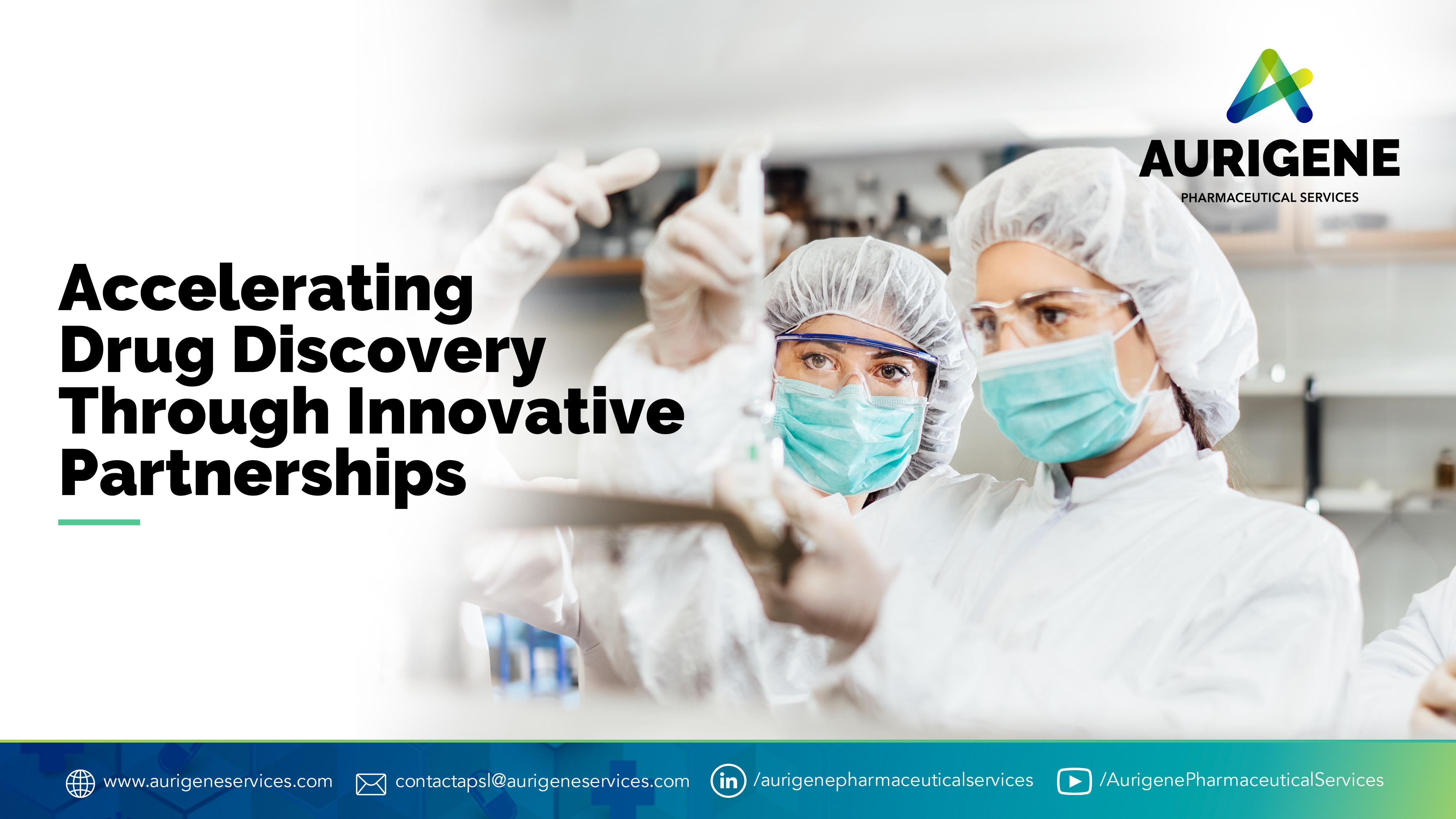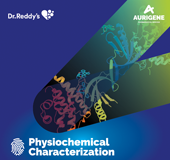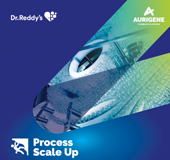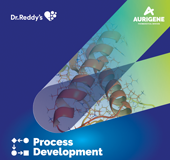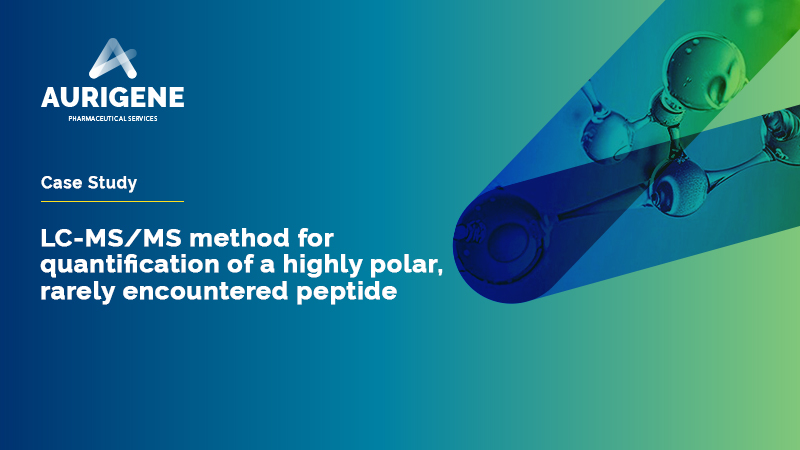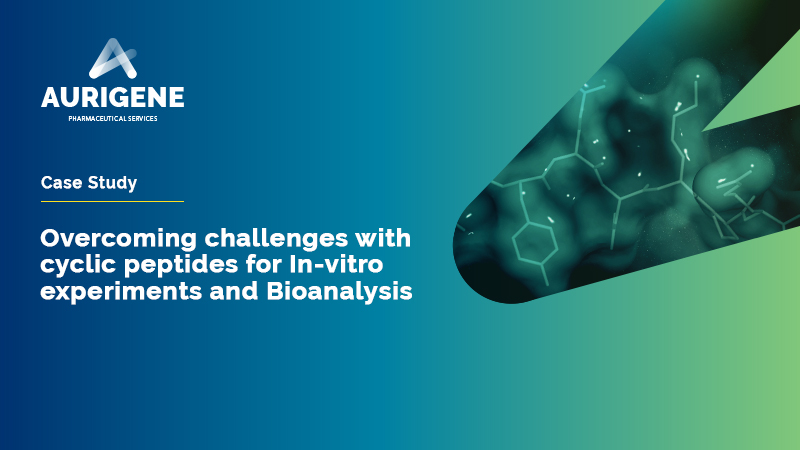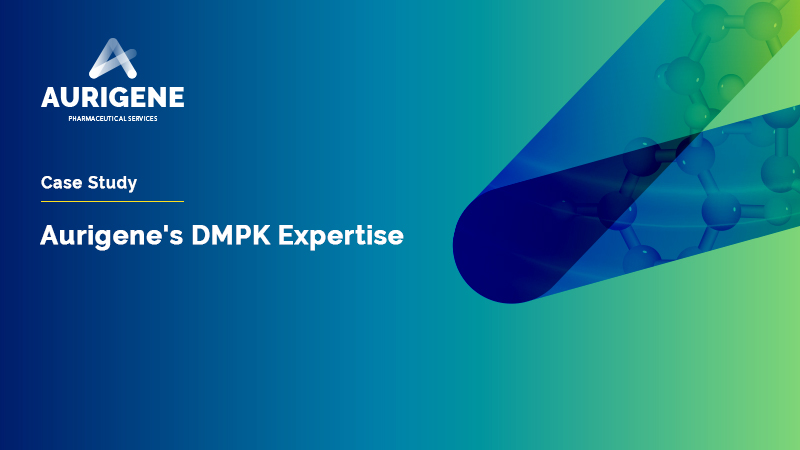
We offer toxicology studies ranging from single-dose and repeat dose toxicology, genetic toxicology, IND and NDA enabling safety toxicology packages etc. We have successfully filed INDs with the US FDA, MHRA, EMA, DCGI, and ANDAs and completed more than 1000 exploratory toxicology studies to support early discovery and candidate selection over a period of 15+ years. APSL toxicology services were established in 2002 & GLP certified by Netherlands (2003) and NGCMA – India (2004) CMAs.
In addition to oral, intramuscular, subcutaneous, intradermal, inhalational, intravitreal injection, and intricate intravenous infusion studies, the team handles a variety of other administration routes. We guarantee timely and accurate communication across time zones by streamlining workflows, processes, and communication technologies.
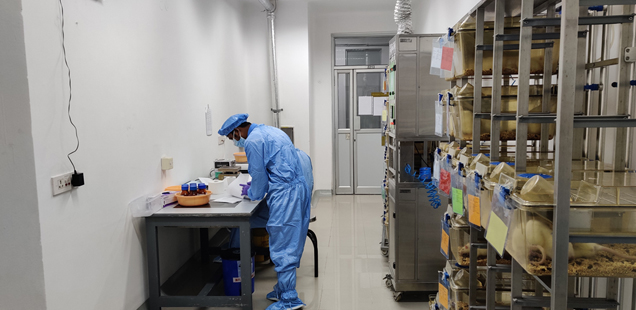
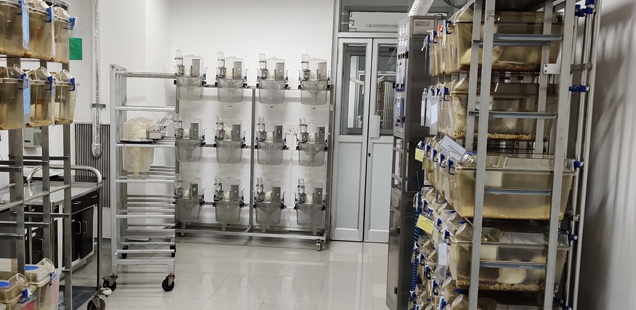
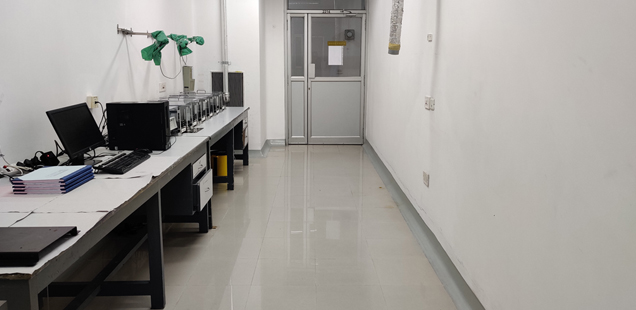
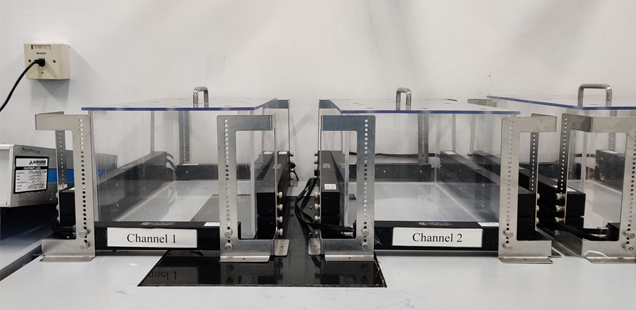
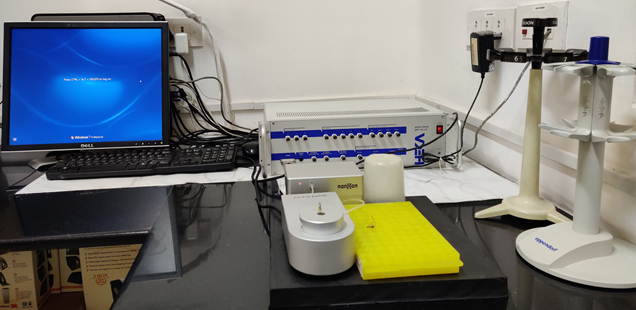
General Toxicology (Includes Toxicokinetic)
- Acute toxicity (GLP/Non-GLP): Rats/ mice
- Exploratory/Dose range finding (MTD): Rats/ mice
- Sub-acute (14/28 Day), sub-chronic (90 day) and chronic toxicity (6/12 months): Rats/ mice
- Drug impurity qualification studies: Rats/mice
Reproduction Toxicity Studies (Includes Toxicokinetic)
- Fertility and reproductive toxicity (Segment 1 study): Rats
- Male fertility study
Genetic Toxicology Studies
- We routinely conduct IND enabling studies and the following in vitro and in vivo genotoxic studies to support candidate selection.
- Bacterial reverse mutation test (Ames test), both mini Ames and standard Ames
- In vitro chromosome aberration test in CHO cell lines and human peripheral blood lymphocytes
- In vitro micronucleus test in CHO cell lines and human peripheral blood lymphocytes
- Micronucleus test in rodents (Rats/ mice)
Pharmacokinetics
- Single/ multiple-dose PK: Rats/ mice and beagle dogs
- Tissue distribution in rats/ mice using in-situ perfusion techniques
Safety Pharmacology services
- Cardiovascular - In vitro hERG – Kit based (Non-GLP)
- CNS - Functional observational battery tests in Rats/ mice
Why Aurigene GLP and Non-GLP Toxicology Studies Services?
Experience in submissions to the US FDA and DCGI
Highly qualified and experienced scientists
Capacity to handle more than 1000 rodents at a given time
Excellent infrastructure
Support for standalone to integrated services to IND filings
Comprehensive biology capabilities for Integrated Drug Discovery
GLP certified toxicology lab
Connect with our scientific experts for your drug discovery, development, and manufacturing needs
We understand that clear communication is essential to successful collaborations, and that's why we have a dedicated team that is always ready to help you. Whether you have questions about our services, want to discuss a potential partnership, or simply want to learn more about our company, we're here to help.
Our team of experts is dedicated to providing personalised solutions tailored to your unique needs. So, please don't hesitate to reach out to us. We look forward to hearing from you and helping you achieve your business goals.
Resources
OCTOBER 01, 2024
PROTACs: Research for a life without cancer
PROTACs: Proteolysis-targeting chimeras (PROTACs) are a rapidly evolving field with promising applications in cancer, neurodegenerative diseases, and other conditions where the regulation of protein levels is crucial. PROTACs are a novel class of small molecules designed to target specific proteins for degradation by the ubiquitin-proteasome sys...
Read More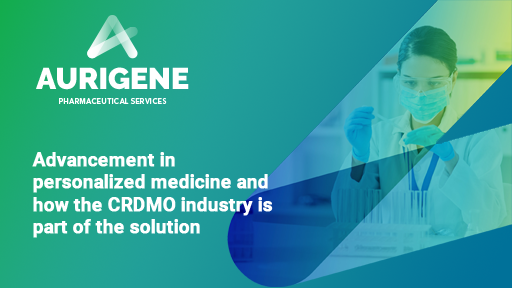
Advancement in personalized medicine and how the CRDMO industry is part of the solution
Personalized medicine is transforming the healthcare landscape by customizing treatment plans to individual patients’ unique genetic, clinical and environmental characteristics. These are effective and less invasive treatments for a wide range of conditions. Contract Research, Development and Manufacturing Organizations (CRDMOs) play an important role...
Read More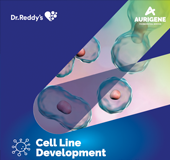
Cell Line Development
We enable development of stable and high yielding recombinant Mammalian and Microbial lines. ...
Read More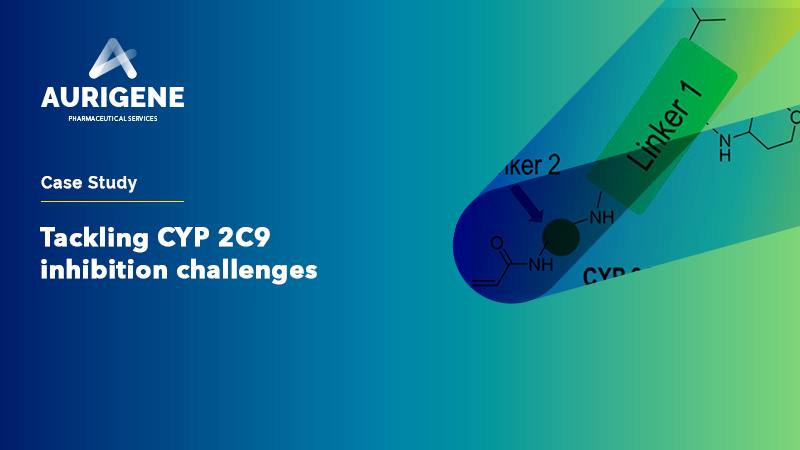
Case study: Tackling CYP 2C9 inhibition challenges
The Problem: Active compounds in a project were found to be highly potent inhibitors of CYP 2C9 The compounds selectively inhibited CYP 2C9 with IC50 values <100 nM There was no considerable inhibition of the other CYP isoforms Our Mitigation Approach: CYP 2C9 inhibition data was generated for a larger set of co...
Read MoreSynthesis of Anti-covid Drug Nirmatrelvir Using Flow Chemistry
2022
Synthesis of the anti-covid therapeutic Nirmatrelvir by using flow chemistry to enhance efficiency of amide to nitrile conversion in a functionally and Stereochemically Embellished environment. ...
Read More-
Discovery of MAP855, an Efficacious and Selective MEK1/2 Inhibitor with an ATP-Competitive Mode of Action.
2005
Mutations in MEK1/2 have been described as a resistance mechanism to BRAF/MEK inhibitor treatment. We report the discovery of a novel ATP-competitive MEK1/2 inhibitor with efficacy in wildtype (WT) and mutant MEK12 models. Starting from a HTS hit, we obtained selective, cellularly active ...
Read More -
Wang-OSO3H catalyzed green synthesis of bioactive isoindolo[2,1- a ]quinazoline-5,11–dione derivatives: An unexpected observation
2005
The sulphonic acid-functionalized Wang resin (Wang-OSO3H) was explored as a polymeric and recov- erable acidic catalyst for the synthesis of isoindolo[2,1- a ]quinazoline-5,11–dione derivatives under green conditions. Thus the Wang-OSO3H ...
Read More -
Polycyclic Aromatic Compounds: A Simple and Efficient [(n-Bu3Sn)2MO4]n Catalyzed Synthesis of Quinazolinones and Dihydroquinazolinones
2005
A novel unprecedented approach for the synthesis of various quinazolinones and dihydroquinazolinones has been using [(n-Bu3Sn)2MO4]n as a catalyst. The reaction has been screened ...
Read More
Frequently asked questions
What is a toxicology study?
Toxicology studies help drug discovery scientists understand the adverse effects of New Chemical Entities (NCE) when administered to treat a disease. The studies are done on in-vitro assays and in in-vivo animal models to know the toxicity profile.
What are GLP toxicology studies?
Good Laboratory Practise (GLP) toxicology studies are conducted under certified regulatory conditions. The studies are carried out based on procedures laid down by OEDC principles.
What is the purpose of toxicology studies/tests?
The purpose of toxicology studies/tests is to know the adverse/harmful effects of New Chemical Entities (NCEs) on the body of the organism on administration. These studies/tests help drug discovery scientists to design drugs.
Why do toxicology tests take so long?
Toxicology tests require a lot of time for chronic toxicity tests (6 to 12 months), other studies such as sub-acute (14 to 28 days), sub-chronic (90 days) require less time when compared to chronic toxicity tests.
What are the laboratory animal species used in in-vivo toxicity testing?
Mice, rats, guinea pigs, hamsters, rabbits, dogs, monkeys, and minipigs are commonly used in in-vivo toxicity testing.
You are about to leave Aurigene Pharmaceutical Services and affiliates website. Aurigene Pharmaceutical Services assumes no responsibility for the information presented on the external website or any further links from such sites. These links are presented to you only as a convenience, and the inclusion of any link does not imply endorsement by Aurigene Pharmaceutical Services.
If you wish to continue to this external website, click Proceed.

Leaving already?
Don't forget to join us at
CPHI Worldwide 2023.
October 24th-26th, 2023 | Barcelona, Spain
Get ready to accelerate your drug’s journey to the market

